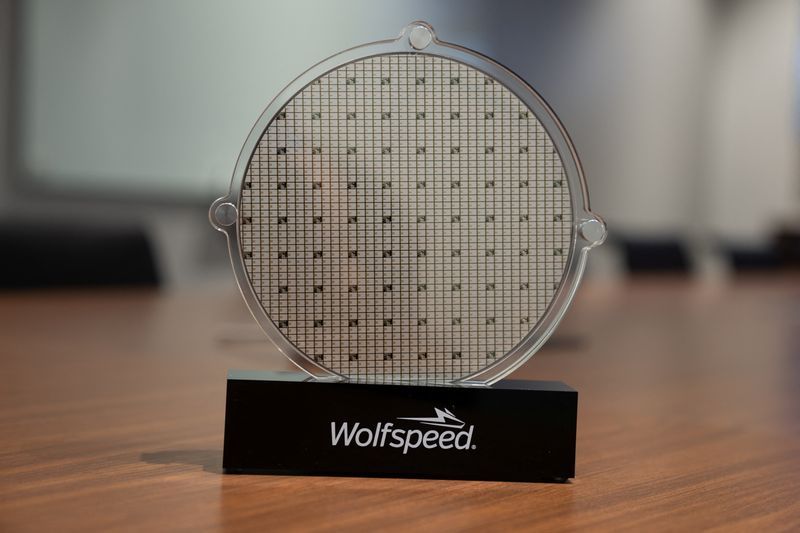
White House press secretary Karine Jean-Pierre talks about a cybersecurity certification and labeling programme at the White House in Washington, July 18, 2023. The federal government is rolling out a consumer labeling system designed to help Americans pick smart devices that are less vulnerable to hacking. — AP
WASHINGTON: The US federal government is rolling out a consumer labeling system designed to help Americans pick smart devices that are less vulnerable to hacking.
Under the voluntary programme, called the US Cyber Trust Mark Initiative, manufacturers can affix the label on their products if they meet federal cybersecurity standards. The types of devices that can seek to carry the label include baby monitors, home security cameras, fitness trackers, refrigerators and other Internet-connected appliances.
The labels will include a distinctive shield logo as well as QR codes that consumers can scan for more information about the security of the device. Products bearing the label should be available this year, once manufacturers begin submitting their devices for approval, said deputy national security adviser Anne Neuberger, who briefed reporters on the new programme on Jan 7.
“It gives consumers an easy way to check if a home alarm system or baby monitor is cyber safe,” Neuberger said, noting that the average American household now has 21 devices that are connected to the Internet – each presenting a possible entry point for cybercriminals.
Amazon, Best Buy, Google, LG Electronics USA, Logitech and Samsung are among industry participants.
Even though it's voluntary, the programme will help consumers know which brands to trust – by clicking on the QR code, they'll be able to access even more information about cybersecurity, including whether the manufacturer provides software updates to protect against new cyberthreats, according to Justin Brookman, director of technology policy at Consumer Reports.
First proposed by the Biden administration 18 months ago, the labels were approved last year by the Federal Communications Commission, the agency tasked with leading the programme. Last month, the FCC selected 11 companies and organisations to oversee the technical designation of products bearing the labels.
Officials compare the labels to the Energy Star programme, which rates appliances’ energy efficiency, and say the idea is to give consumers more information about the products they buy while also encouraging manufacturers to enhance their cybersecurity.
The proliferation of so-called smart devices has coincided with growing cybercrime in which one insecure device can often give cyberintruders a dangerous foothold on a home network. – AP










































